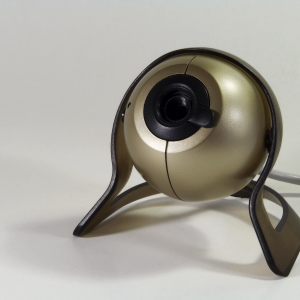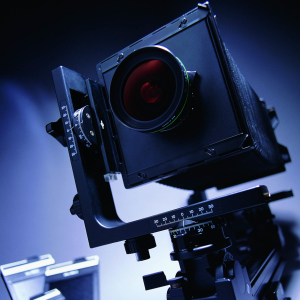Personal computer in everyday life and work can solve a wide range of tasks, and usually one system unit is quite enough. But sometimes you need to connect two computers to one monitor, for example, when one computer is working, and the second is auxiliary for storage. This connection scheme is possible and carried out in several ways.
If the existing monitor has several connectors to connect to a personal computer, then the first method is a monitor connection with two system units directly. Switching between them is carried out using the monitor menu. The sequence of actions is as follows:- explore the monitor specification or the connectors available on it to connect to a PC, it must maintain a minimum of two available connections: VGA, DVI, HDMI, DisplayPort;
- inspect the output connectors on each system unit, find compliance with the monitor connection connectors;
- if necessary, do the necessary cords or adapters, for example, two system units with VGA connectors will be connected only with an adapter;
- connect both computers with a monitor;
- replace connections to one or another PC, via the monitor menu or using a separate function button on the monitor housing.

- select the KVM switch you need functionality: Various devices have a different number of connected system units, various video bandwidth, support for various update frequencies and, accordingly, a different price;
- connect the monitor, keyboard and mouse to ports, columns;
- connect to the appropriate connectors on the system units, outputs from the video card, keyboard, mice, sound card.
- go to link and download the program;
- connect both system units to the Internet or to the home network;
- at both system units, set the remote access program: on the system unit to be used with the monitor - the control module, on the second - client module;
- go to the control module to the second computer, its desktop will be displayed in a separate operating system window.
Each of the ways has its advantages and disadvantages associated with the savings of the working space, a decline in the cash costs for the purchase of additional equipment, ease of use.

































